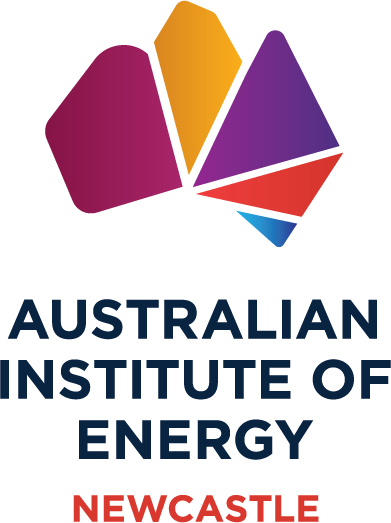AHC presents 53 recommendations for National Hydrogen Strategy Review
Responding to the Australian Government's review of the National Hydrogen Strategy, the Australian Hydrogen Council (AHC) has put forth an extensive position paper along with supplementary reports, to chart a clear path forward.

The AHC's comprehensive proposal reflects the changes and developments that have transpired since the National Hydrogen Strategy was initially conceived in 2019.
The effects of global events such as the pandemic and geopolitical conflicts have necessitated a reconsideration of the intricate connections between decarbonization, national security, and self-sufficiency. This context is further enriched by Australia's shift in government and its renewed approach to addressing climate change and achieving net-zero goals.
Central to these changes is the US Inflation Reduction Act (IRA), devised as a response to these global issues, which mandates a form of policy response to maintain Australia's competitiveness in attracting capital. Acknowledging that Australia cannot replicate the IRA's extensive support, the AHC advocates for a targeted policy and funding strategy.
Dr. Fiona Simon, CEO of the AHC, comments, "All of this is much larger than the question of hydrogen."
"However, clean and green hydrogen has a key role to play to decarbonise key sectors of the Australian economy, to support the decarbonisation of our trading partners’ economies, and to support our own fuel self-sufficiency."
The AHC's core assertion is that the revised National Hydrogen Strategy should be integral to the Australian Government's net-zero strategy, given hydrogen's potential to decarbonize sectors that are challenging to address solely with electricity and storage solutions. To this end, they emphasize the necessity for substantial national-level planning and coordination, outlining key objectives:
- Entrust stewardship of the NHS to the Net Zero Economy Agency.
- Establish priorities and targets based on robust analysis.
- Commit to planning and financial support for shared physical and social infrastructure, including Hydrogen Economic Zones.
- Develop scale and capability in hard-to-abate sectors and applications.
- Keep export options open to grow international relationships.
- De-risk projects through public finance mechanisms.
- The refreshed National Hydrogen Strategy should address all the above issues and provide a clear governmental leadership role.
Dr. Simon concludes by stating, "Given hydrogen is our critical industrial solution, this is too important to be left to chance, or to the whims, complexities, and uncertainties of a nascent market."












